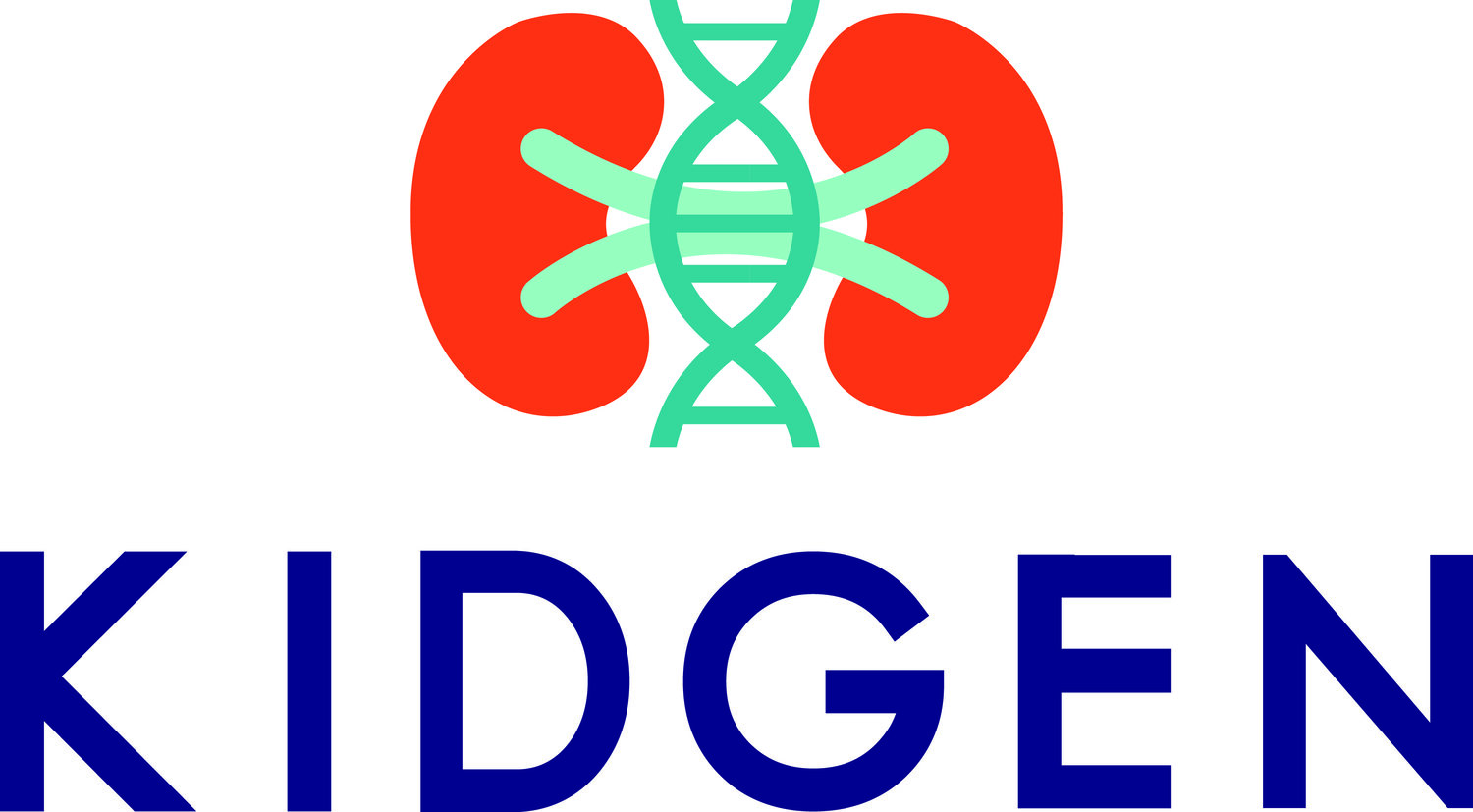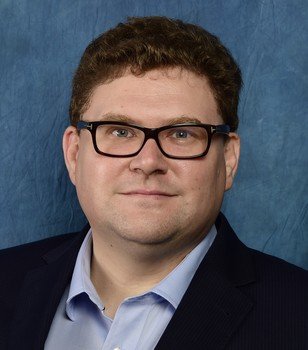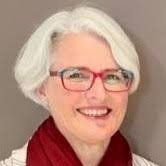PLENARY SPEAKERS
-
Professor of Nephrology
Director of the Wellcome Centre for Cell-Matrix Research
Paediatric Nephrologist, University of Manchester, UKBiography:
Rachel graduated from Nottingham University Medical School in 1994. She completed clinical training in paediatric nephrology and began research training in 2004 with a Wellcome Research Training Fellowship to work in Peter Mathieson and Moin Saleem’s laboratory. She was appointed to an NIHR Academic Clinical Lectureship in 2007 and in 2008 began working in Martin Humphries’ group in Manchester. In 2010 she was awarded a Wellcome Intermediate Clinical Fellowship to establish her group; in 2016 she was awarded a Wellcome Senior Research Fellowship and this year she became Director of the Wellcome Centre for Cell-Matrix Research. Rachel’s research is focused on understanding mechanisms of basement membrane assembly and regulation and how these are affected in kidney disease such as Alport syndrome. Rachel combines her academic work with clinical duties as a Consultant Paediatric Nephrologist at the Royal Manchester Children’s Hospital.
-
Professor of Medicine (Renal Electrolyte and Hypertension Division) and Genetics | University of Pennsylvania
Biography:
Dr. Katalin Susztak is a physician-scientist at the University of Pennsylvania. Dr. Susztak has made discoveries fundamental towards defining critical genes, cell types and mechanisms of chronic kidney disease. She was instrumental in defining genetic, epigenetic transcriptional changes in diseased human kidneys. She identified multiple novel kidney disease genes and demonstrated role of Notch signaling and metabolic dysregulation in kidney disease development.
Her lab was the first to map the kidney epigenome and catalogue genotype-driven gene-expression variation (eQTL) in human kidneys. Integration of GWAS, eQTL and epigenome data has been essential to prioritize disease-causing genes and variants.
Dr. Susztak generated the first unbiased, comprehensive kidney cell-type atlas using single cell transcriptomics. She identified that specific renal endophenotypes are linked and likely caused by the dysfunction of specific cell types.
In follow-up animal model studies, she conclusively demonstrated that MANBA, DAB2, DACH1 and APOL1 are new kidney disease risk genes. Her work established the role of proximal tubule cells, endolysosomal trafficking, metabolic and developmental pathways in kidney disease development.
Dr. Susztak has been the recipient of the 2011 Young Investigator Award of the American Society of Nephrology and American Heart Association, one of the most prestigious awards given to researchers under the age of 41 in the field of nephrology. In 2021 Dr Susztak was recipient of the Alfred Newton Richards Award from the International Society of Nephrology that recognizes outstanding basic research in fields relevant to nephrology. Her laboratory is supported by the National Institute of Health, the American Diabetes Association, the Juvenile Diabetes Research Foundation, and private sources.
Susztak’s discoveries span genetics, genomics, epigenetics, molecular biology, physiology and nephrology, and have enormous translational relevance and considerable therapeutic potential.
-
National Community Engagement Coordinator for the National Indigenous Kidney Transplantation Taskforce (NIKTT)
Biography:
Kelli Owen is a Kaurna, Narungga & Ngarrindjeri woman, mother of five & mutha (grandmother) of two. She is the National Community Engagement Coordinator for the National Indigenous Kidney Transplantation Taskforce (NIKTT) and is responsible for leading several community-focused initiatives.
In addition, Kelli is a CI and member of South Australia’s AKction (Aboriginal Kidney Care Together - Improving Outcomes Now) team, which aim’s it is to identify and respond to the needs of Aboriginal Kidney patients and their families. Adding to this she is also employed at the Royal Adelaide Hospital for CNARTS and co-leads the Kanggawodli projects.
Kelli is also leading a recently released MRFF grant, ‘Patient Navigators’ connecting the backbone of Australia NT/SA. The co-design project and sustainability of embedded roles into the health systems are to ensure patients are not alone on their journey and experience culturally safe models of care for First Nation peoples.
Her Bachelor of Education and Master of Indigenous Language Education degrees, with her lived experience of dialysis and transplantation underpin her engagement with Indigenous communities and help to facilitate positive relationships between health professionals, patients and their families.
-
Manager of Aboriginal & Torres Strait Islander Health Research
QIMR Berghofer Medical Research Institute, QLD
Biography:
Descendant of the Quandamooka people of Moreton Bay, Greg grew up with the Ghughu Yalanghi people of Cape York. He has extensive experience as an Aboriginal mental health practitioner and has worked in policy, research and health services. Greg led extensive consultations across QLD in 2018 for “GenetiQs”; developing guidelines for genomic research involving Aboriginal and/or Torres Strait Islander peoples. In 2019, Greg led efforts to develop a suite of genomic health literacy resources for First Nations peoples of QLD. In 2020-21 his team worked with community controlled, primary and public health services to identify workforce needs for a coordinated care model for precision medicine at the primary health intersect. Over the past 3 years, Greg has led more than 50 community engagements across QLD. As manager for Aboriginal and Torres Strait Islander Health Research at QIMR Berghofer, he supports the institute realise responsibility, benefit and impact for supporting Indigenous sovereignty, equity and access to health.
GUEST SPEAKERS
-
Peter and Jennifer Murko live in the Southern Highlands with their two teenage children and a variety of accumulated pets. They have a long history with kidney disease including patient care, multiple transplants, and live donation, and have worked with Kidney Health Australia, Transplant Australia and the Bandaged Bear Appeal for the Sydney Children's Hospitals Foundation.
-
An academic Nephrologist whose research focus is in developing treatments for kidney failure due to Autosomal Dominant Polycystic Kidney Disease (ADPKD). Gopi will present the development and trial of non-gene therapies and their role in genetic kidney disease.
-
A senior research officer in the Gene Therapy Research Unit at the Children’s Medical Research Institute, Sydney. Sam will discuss the development and role of gene-targeted therapies as the future of treatment for genetic kidney disease.
Chairs & Friendly Faces
Prof Andrew Mallett - National Director
Dr Hugh McCarthy - Chair 1
Dr Noa Amir - Chair 2
Prof Steve Alexander - Chair 4
Dr Alasdair Wood - Program Manager
Dr Lindsay Fowles - Genetic Counsellor
Trudie Harris - Program Manager
Dr Amali Mallawaarachchi - Chair 3















